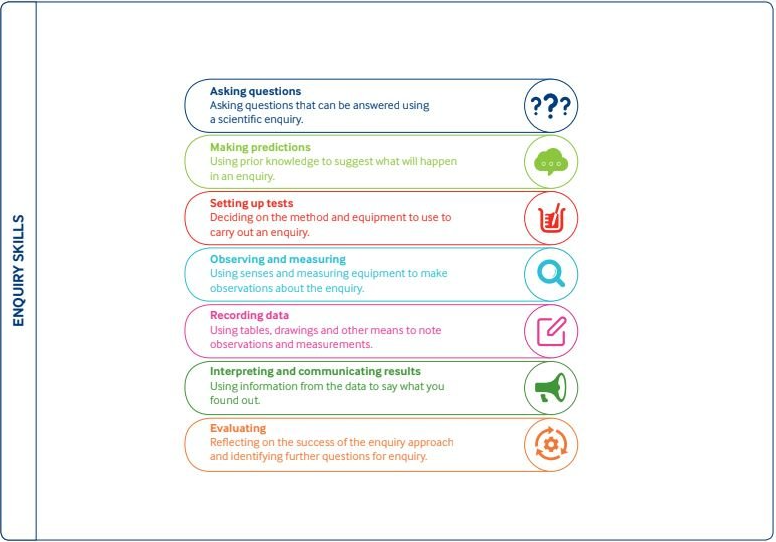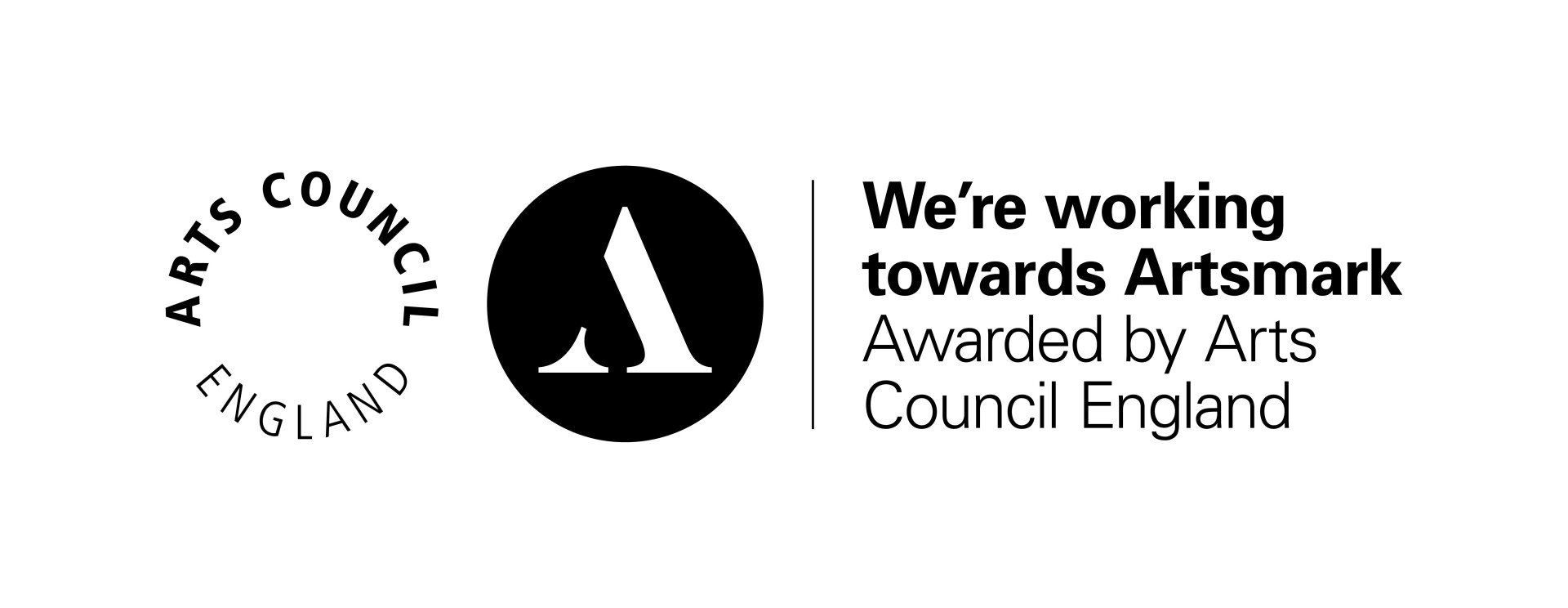Article 29 – Education must develop every child’s personality, talents and abilities to the full. It must encourage the child’s respect for human rights as well as respect for their parents, their own and other cultures and their environment.
Science
Curriculum
Intent
At Grafton Primary School, we believe that a high-quality science education provides the foundation for understanding of the world through the specific disciplines of Biology, Chemistry and Physics. Science changes our world on a personal, national and global level and as such, we strive to develop understanding of scientific ideas by providing opportunities to explore the world around us. We aim to stimulate a child’s curiosity through building up a body of key foundational knowledge and concepts, and encourage them to recognise the power of rational explanation. Our teachers encourage children to understand how science can be used to explain what is occurring, to develop methods of enquiry and to carry out purposeful investigations.
We use the Education People Primary Science scheme of work to inform our science teaching.
REAL Curriculum Links
Our REAL Science curriculum is:
R: relevant, research-based, reflective
Our Science curriculum develops:
- pupils’ understanding of science that is meaningful and relevant to the world and community they live in
- curiosity and the skills needed to ask questions, seek evidence, and carry out experiments to find answers
- high-quality learning based on the latest research into how children learn most effectively, ensuring strong scientific foundations for all.
E: Engaging, Enquiry-Led
Our Science curriculum:
- provides engaging, problem-solving opportunities presented through enquiry questions that encourage pupils to explore and investigate
- enables children to take an active role in practical work and experiments, fostering independence and hands-on discovery
- promotes curiosity and critical thinking by encouraging pupils to question, test and reflect on their findings.
A: Aspirational, Achievement for All
Our Science curriculum develops:
- inspiration through learning about diverse and remarkable scientists from a variety of backgrounds who have made significant contributions to our world
- awareness of the many career pathways that science can lead to, supported by opportunities to meet and learn from people working in STEM fields
- inclusive teaching that supports all pupils, ensuring every child can make progress, achieve success, and see themselves as future scientists.
L: For a Life-long Love of Learning
Our Science curriculum:
- nurtures curiosity and enjoyment in scientific exploration, helping pupils recognise how science enriches their lives and supports their well-being
- develops a love of science as both a fascinating subject and a potential hobby, passion, or career
- provides opportunities for pupils to take part in science clubs, projects, and competitions to explore their own ideas and interests








